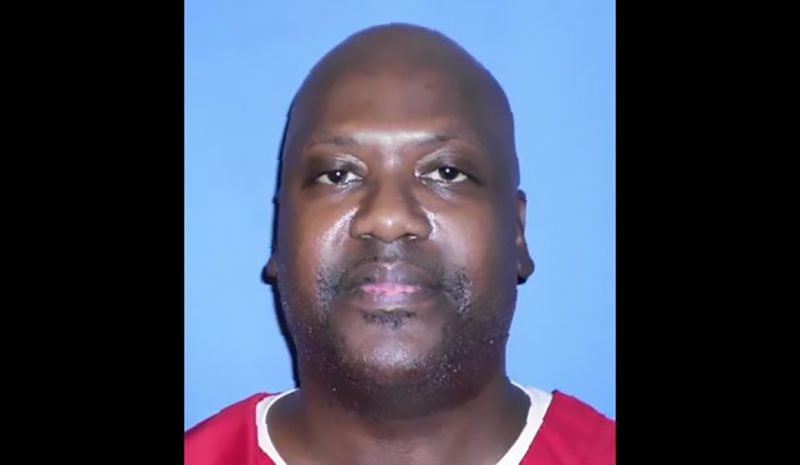Citing bias, US Supreme Court tosses murder conviction of black man
The US Supreme Court threw out the conviction of Curtis Flowers, who was tried six times for a quadruple murder (Handout)
Washington (AFP) – The US Supreme Court on Friday threw out the conviction of an African-American man who was tried six times for a quadruple murder, saying the exclusion of black jurors was unconstitutional.
Curtis Flowers, 49, was convicted in 2010 and sentenced to death for the July 1996 murders of four people in a furniture store in Winona, Mississippi, where he had briefly worked until being fired.
The nation’s highest court did not examine the guilt or innocence of Flowers but whether the district attorney deliberately sought to keep black people off the jury in his most recent trial.
In a 7-2 decision, the nine-member Supreme Court found that prosecutors had exercised racial bias by striking potential black jurors and they reversed Flowers’ conviction.
Flowers was tried five separate times for the crime before his 2010 conviction and has spent nearly half his life behind bars.
Three convictions were thrown out on appeal because of prosecutorial misconduct and two trials ended in a hung jury.
While prosecutors and defense lawyers are allowed to use what are called peremptory challenges to eliminate potential jurors they are not allowed to do so on the basis of race.
“In the six trials combined, the State employed its peremptory challenges to strike 41 of the 42 black prospective jurors,” said Justice Brett Kavanaugh, writing for the majority.
“At the sixth trial, in an apparent effort to find pretextual reasons to strike black prospective jurors, the State engaged in dramatically disparate questioning of black and white prospective jurors,” Kavanaugh said.
Lawyers for Flowers had argued before the Supreme Court that district attorney Doug Evans, who prosecuted all six cases and is white, rejected potential black jurors in what amounted to racial discrimination.
During the 2010 trial that resulted in Flowers’ conviction and death sentence, Evans rejected five of six potential black jurors.
US law forbids someone from being tried twice for the same offense, but since the cases were eventually inconclusive Flowers could be tried again.
Flowers was arrested several months after the murders, when two witnesses said they saw him near the scene of the crime. He has maintained his innocence.
The case gained national prominence after it was the subject of a podcast called “Into the Dark” by journalist Madeleine Baran and a radio colleague from American Public Media.
“Curtis Flowers was always tried by an all-white jury or a nearly all-white jury, even though the place where the murders happened and where he lived was nearly 50 percent African-American,” Baran said.
In Mississippi, a southern state with a history of slavery and racial segregation, “I met only one white person who thought that Curtis Flowers was innocent,” Baran told AFP.
Justice Clarence Thomas, the only black justice on the Supreme Court, and Justice Neil Gorsuch, who was named to the court by President Donald Trump, dissented with the decision.
Disclaimer: Validity of the above story is for 7 Days from original date of publishing. Source: AFP.


